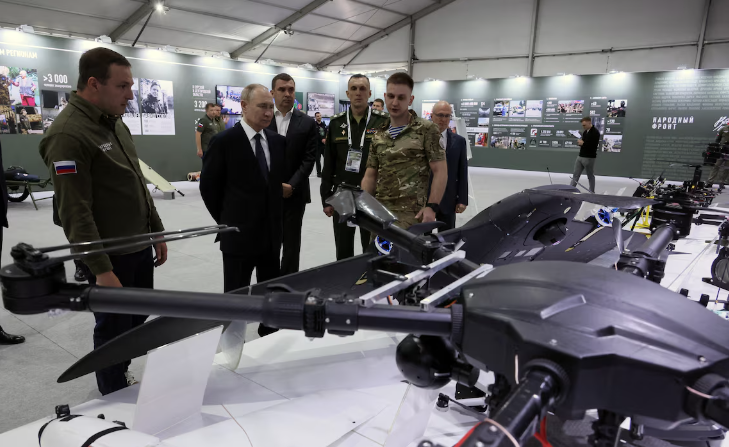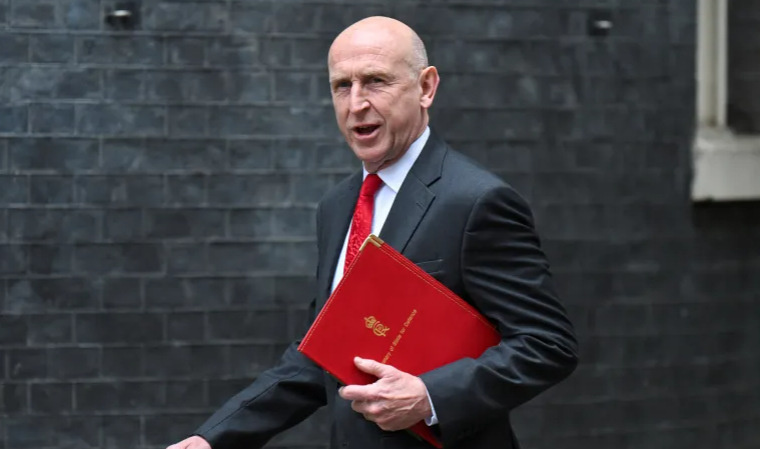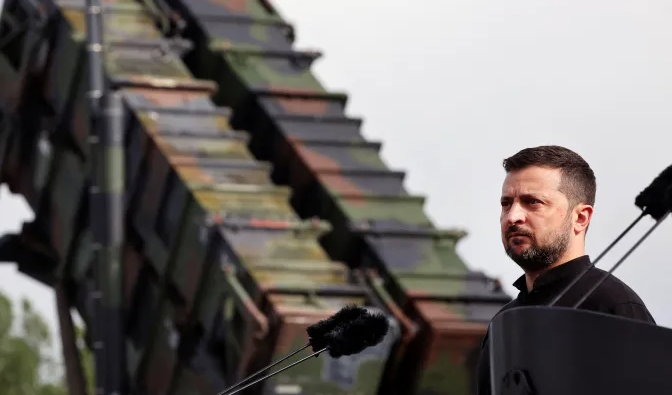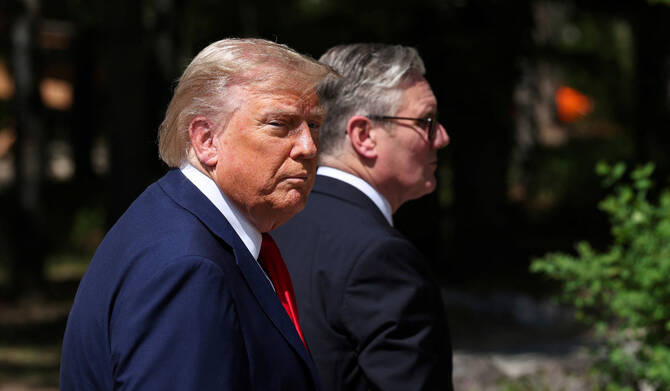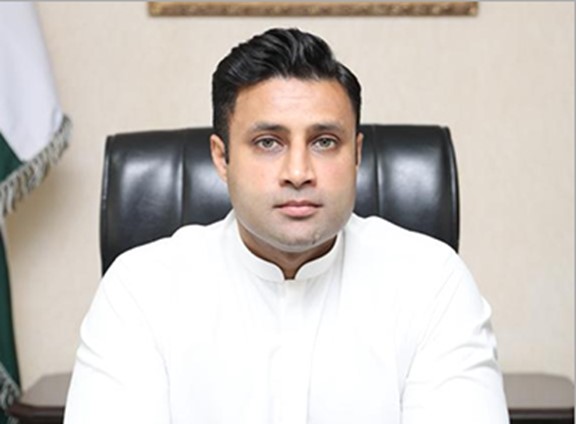WORLD NEWS
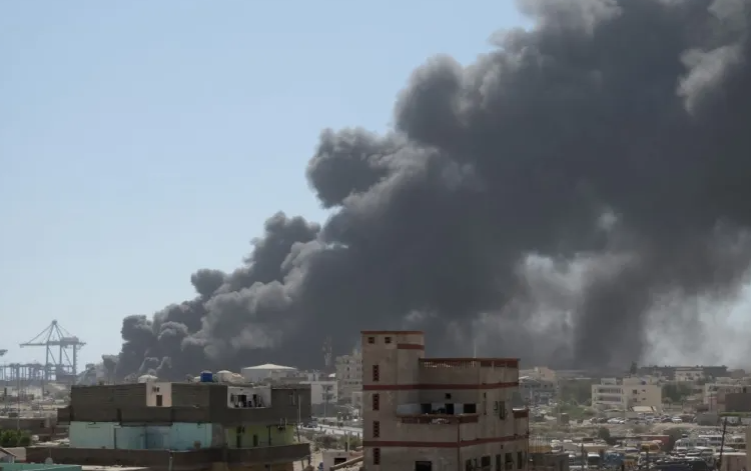
The United Arab Emirates (UAE) has strongly denied claims that it supplied Chinese-made weapons to Sudan’s Rapid Support Forces (RSF), which has been engaged in a brutal conflict with Sudan’s military government. The allegations were made in a recent Amnesty International report, which was published on Thursday.
According to the rights group, the RSF has been using Chinese GB50A guided bombs and 155mm AH-4 howitzers during its attacks in Khartoum and Darfur, with UAE being the only known buyer of the howitzers from China, citing data from the Stockholm International Peace Research Institute.
UAE's Response to Allegations:
Salem Aljaberi, the UAE’s assistant minister for security and military affairs, dismissed the claims as “baseless” and emphasized that the UAE had no involvement in supplying weapons to any party in Sudan’s ongoing conflict. Aljaberi stressed that the weaponry mentioned in the report, particularly the howitzers, has been available in the global market for nearly a decade and is not exclusive to the UAE.
“The UAE strongly rejects the suggestion that it is supplying weaponry to any party involved in the ongoing conflict in Sudan,” Aljaberi stated on X (formerly Twitter), adding that Amnesty’s report was “misleading.”
Intensified RSF Attacks and Humanitarian Crisis:
While the UAE has denied the allegations, the conflict in Sudan continues to escalate. The RSF, which has suffered battlefield setbacks, has ramped up its drone attacks, particularly targeting Port Sudan.
This marks the sixth consecutive day of drone strikes in the eastern city, which is Sudan’s main hub for international aid. Air defenses have reportedly intercepted some of the drones, but the attacks have caused significant damage to vital infrastructure, including Port Sudan’s international airport, the largest fuel storage facility, and the country’s primary power station.
These attacks threaten to worsen Sudan’s already dire humanitarian crisis, with the war having killed tens of thousands and displaced over 13 million people, making it the world’s worst humanitarian disaster, according to the United Nations.
International Response and Tensions with Sudan:
The UN Secretary-General, Antonio Guterres, has warned that the ongoing attacks on Port Sudan could escalate humanitarian needs and complicate aid delivery in the region. In response to the UAE’s alleged involvement with the RSF, Sudan’s Defense Minister Yassin Ibrahim has accused the UAE of violating Sudan’s sovereignty. As a result, Sudan’s military government announced its decision to sever diplomatic relations with the UAE.
The UAE has categorically rejected these accusations and dismissed the legitimacy of Sudan’s military government, which came to power following a coup earlier in the conflict.
Earlier this week, the International Court of Justice (ICJ) also rejected Sudan’s lawsuit accusing the UAE of genocide in the context of its involvement in the Sudanese conflict. The court stated that it did not have jurisdiction over the issue, as the UAE is exempt from Article 9 of the Genocide Convention.
A Global Concern:
As the conflict continues, the UAE remains at the center of global scrutiny, with Amnesty International and other organizations calling for accountability for the ongoing violence. However, the UAE's stance is clear: it rejects all accusations and stands firm in its denial of involvement in supplying arms to the RSF.
The situation remains fragile, and as both the RSF and Sudan’s military government continue their violent confrontations, the international community remains focused on the region’s security and humanitarian situation.
